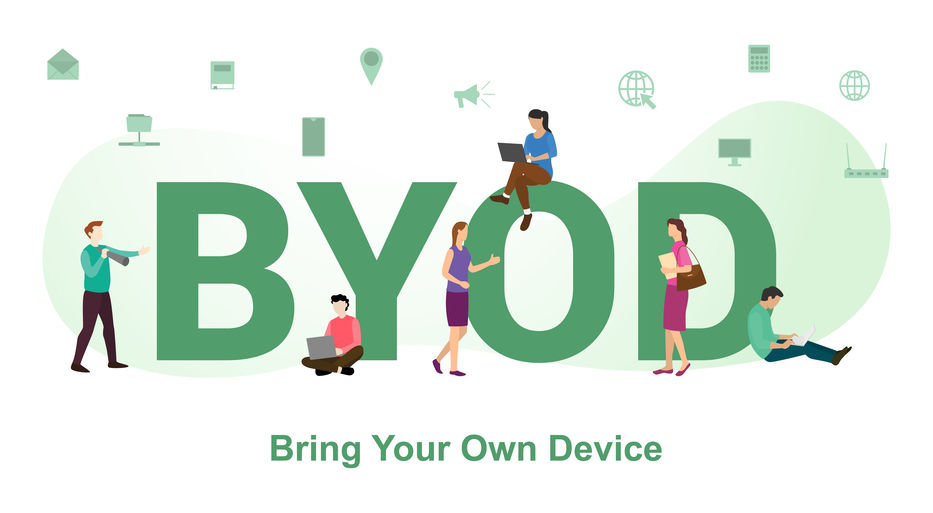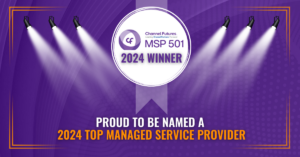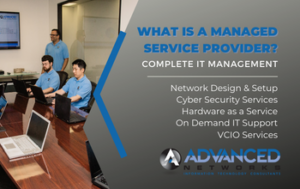
IT services providers in Los Angeles offer a number of key tips pertaining to BYOD applications. Namely, it is absolutely integral you effectively secure whatever BYOD protocols you design. If you don’t, you could be opening yourself wide in terms of vulnerability.
BYOD Security Best Practices
Working with an IT consultant in Los Angeles helps you identify where operational vulnerabilities exist and help you protect against them in advance. This is a moving target, which means you definitely need to keep a consultant or MSP group at your fingertips should you need their professionalism. That said, a few things they’ll generally advise include the following:
VPNs That Don’t Log and Include Kill Switches
IT services expert in Los Angeles advice that your users should use virtual private networks (VPNs) as a means of securing on-site and remote operations. Kill switches will shut off the connection the moment some sort of untrusted website is interfaced with. Logging shouldn’t happen with a VPN, as these allow hackers a vector to your information. So, acquire your VPN carefully.
Multi-Factor Authentication Protocols
IT support providers can help you with MFA, or Multi-Factor Authentication. Basically, you sign into the VPN with your email, and a message is sent to your phone with a code that gives you access. This is a form of MFA. Having such a thing in place can help secure your BYOD operations against hacking.
Remote Monitoring and Management
Remote monitoring and management (RMM) allows you to watch devices remotely, upgrade them, shut them down, back them up, or whatever is necessary. Anomalous activity can be identified and dealt with remotely via RMM.
Better BYOD Security
Our IT services team in Los Angeles can help you institute effective RMM, MFA, and VPN solutions to secure your BYOD infrastructure. This is new territory, but it’s becoming more streamlined. Get in touch with Advanced Networks for more information.




